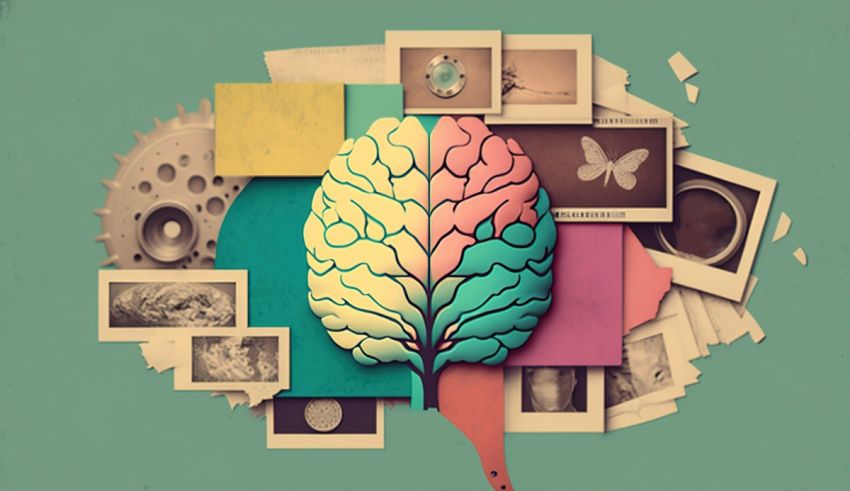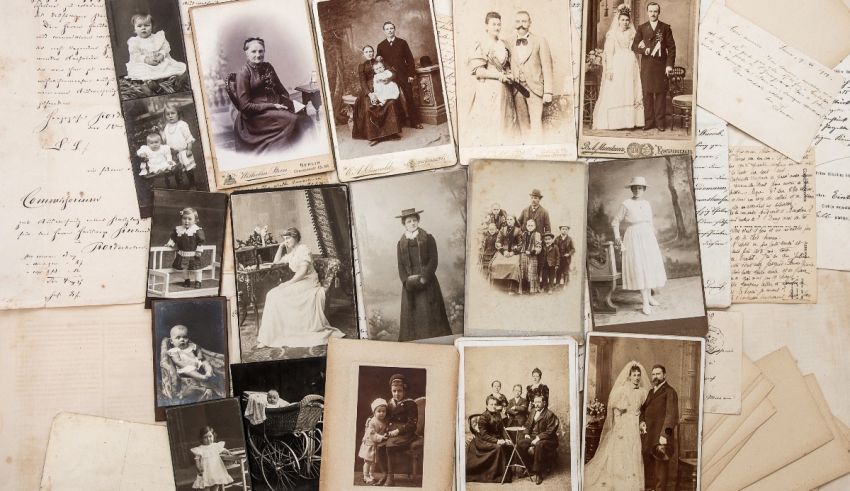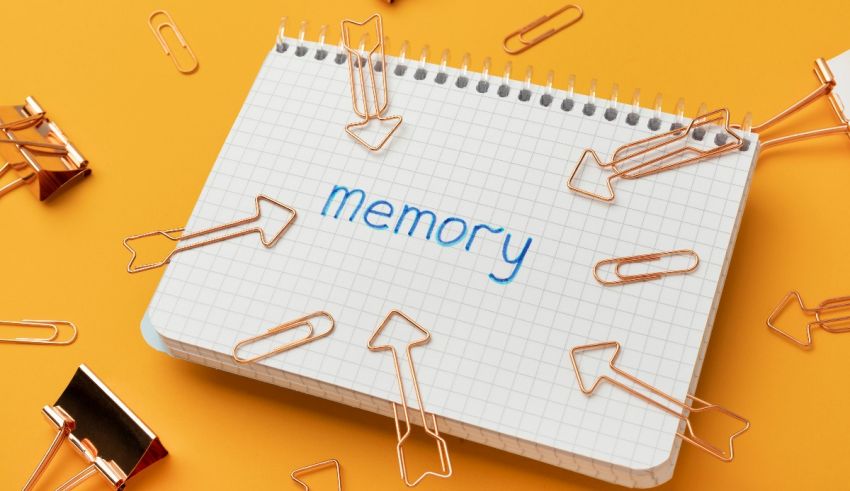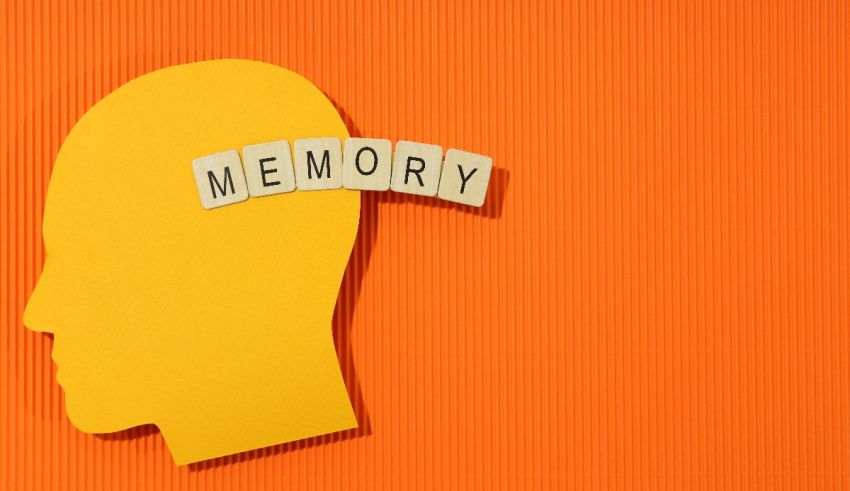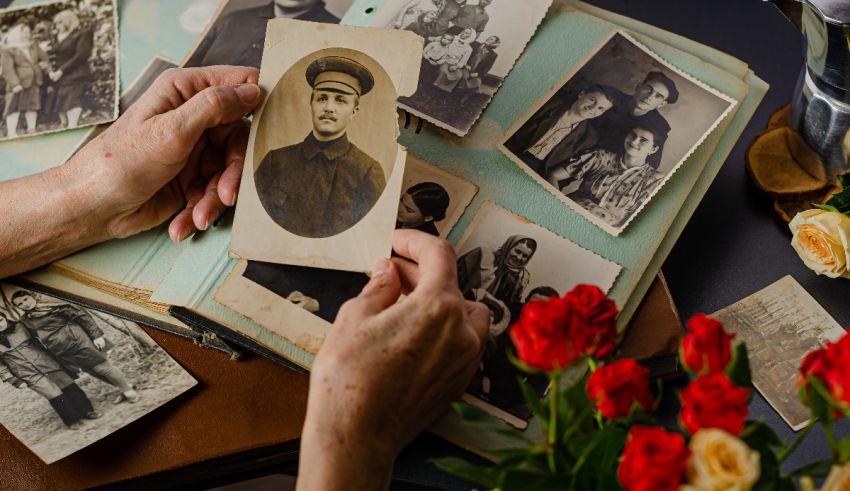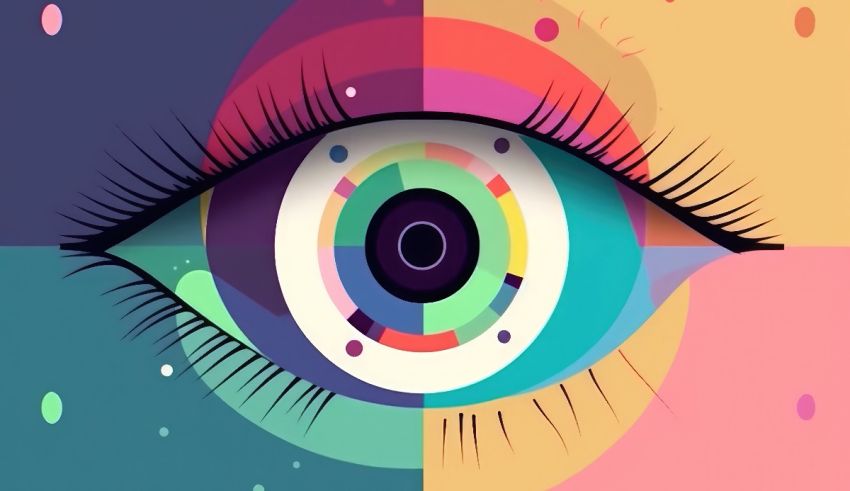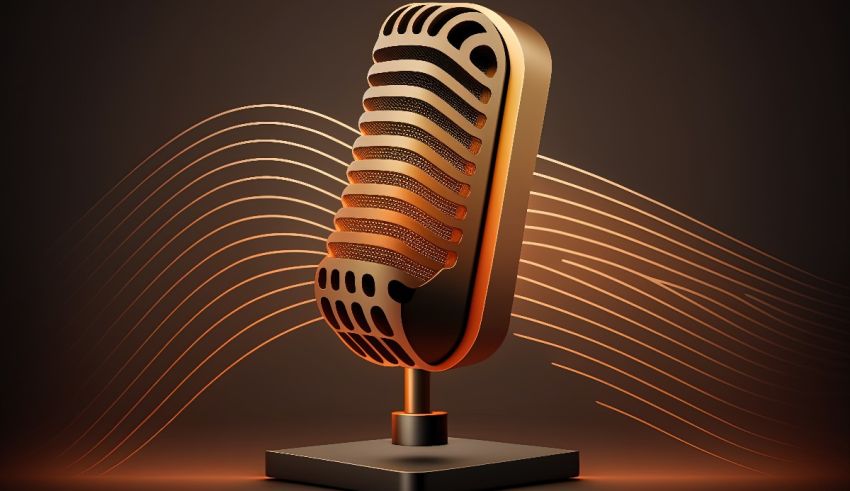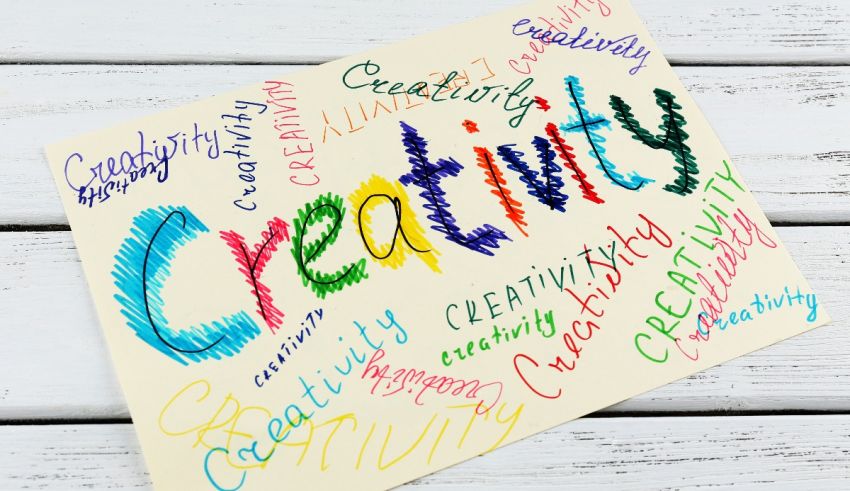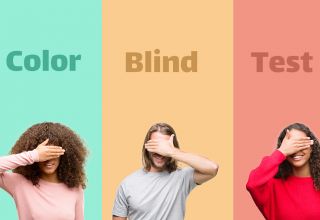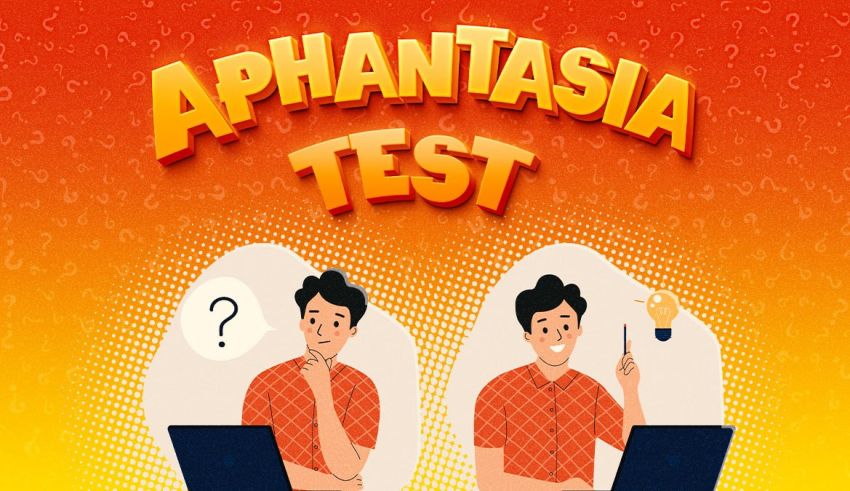
What is Aphantasia Test?
Comprised of 15 visual memory questions, the Aphantasia Test examines how vivid your imagery is and how well your mind’s eye work.
Aphantasia is a visual memory dysfunction; it is an inability to form detailed imaginary pictures and memorize visual cues. People with Aphantasia mostly rely on auditory and verbal clues to memorize events and often struggle with tasks that include imagination.
With the current examination, you find out if your brain is good at visualization or if it prefers to think in factual ways.
Signs You Have Aphantasia
Textualizing memories rather than storing them as images is an undeniable sign of aphantasia. For example, if you know every detail about your first date but can’t see it in your mind’s eye, you’re likely to have aphantasia.
Here are the primary symptoms of aphantasia:
- Your memories are in words, not pictures.
- It’s difficult for you to manipulate imaginary pictures.
- You can’t visualize the description of a scene.
- Understanding implicit imagery cues is hard for you.
- You prefer explicit verbal communication.
- You forget visual details about your memories.
- You don’t have normal emotional responses to visual stimuli.
- Aphantasia runs in your family (it’s hereditary).
Conditions That Are Similar to Aphantasia
A similar condition that is often mixed up with aphantasia is prosopagnosia or face blindness. People with this memory dysfunction can’t memorize faces and rely on other cues, such as names or voices, to remember them.
Hyperphantasia, on the other hand, is the opposite of aphantasia. People with hyperphantasia remember every visual detail about their memories and can recall incredibly vivid memories.
However, it is important to remember two things: 1) aphantasia, prosopagnosia, and hyperphantasia are not medical conditions. 2) All these memory dysfunctions are rare, and few people actually get diagnosed with them. According to CNBC, only 3% of the entire world’s population has aphantasia.
Suggested: Try our Learning Style Test next to see if the vividness of your visual imagery has affected your learning.
Aphantasia or Hyperphantasia? Take the Quiz to See
Do you want to know if you have aphantasia? Take our 15-question test and examine your mind’s eye. We expose any abnormality in your visualization skills and identify if it’s aphantasia or something else—like hyperphantasia or face blindness.
If you’re interested in getting your visual abilities tested even further, check out our Dyslexia Quiz that identifies if you have any reading problems.
Now, let’s analyze your memories and look for subtle symptoms of aphantasia. 🩺🧠

